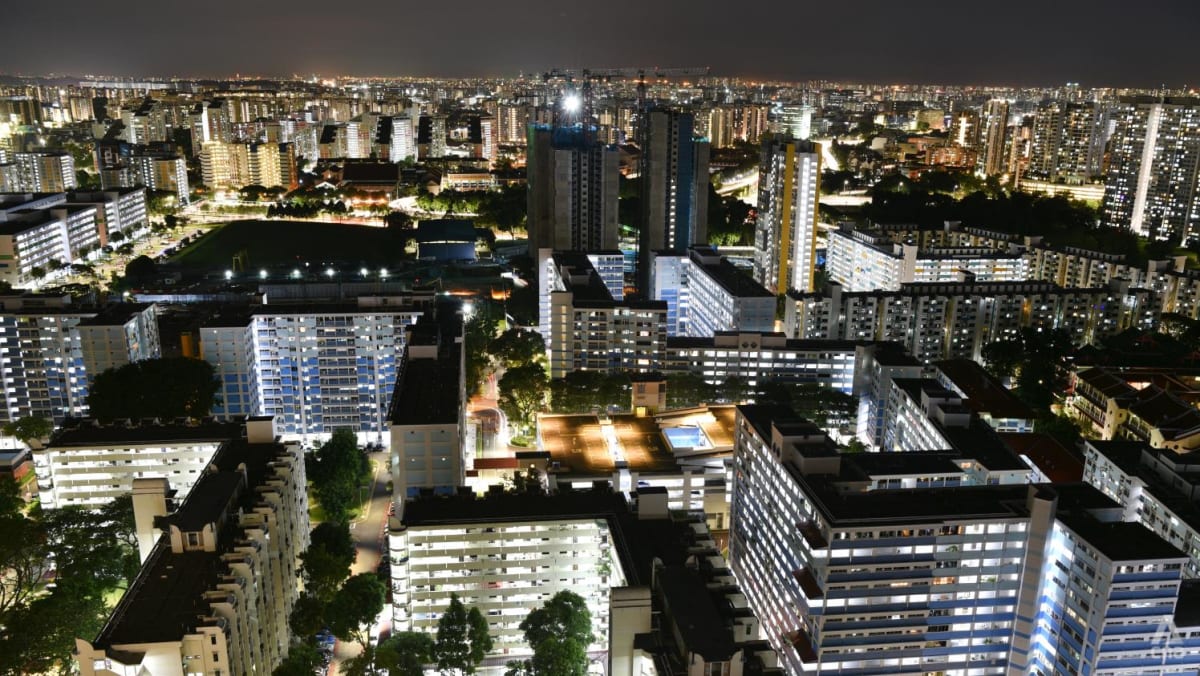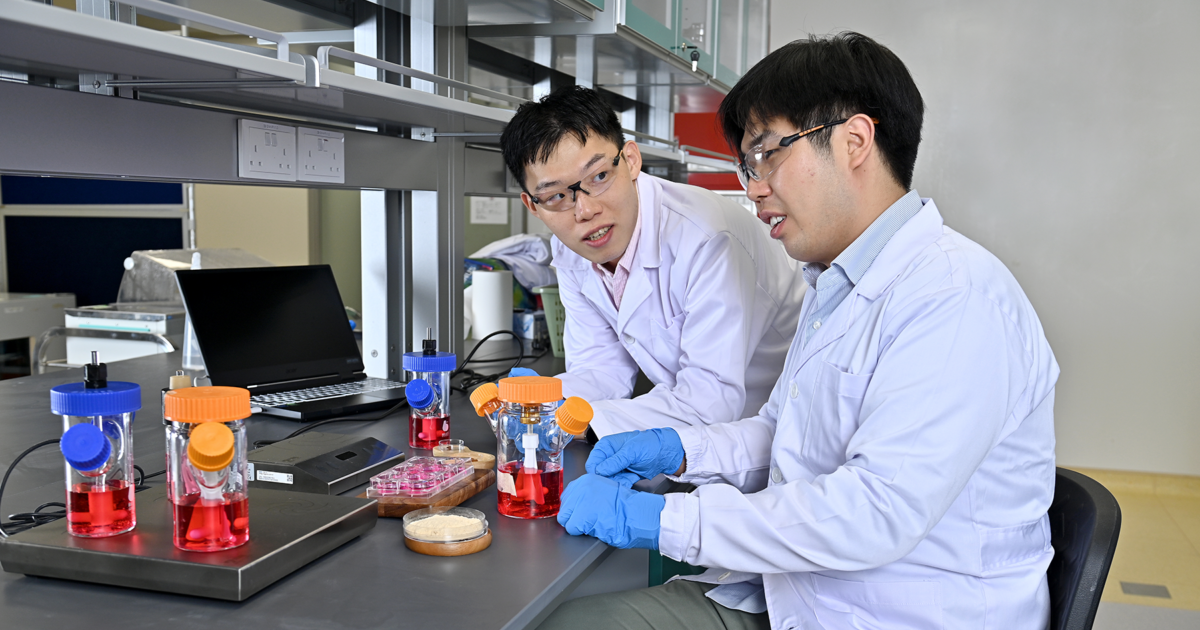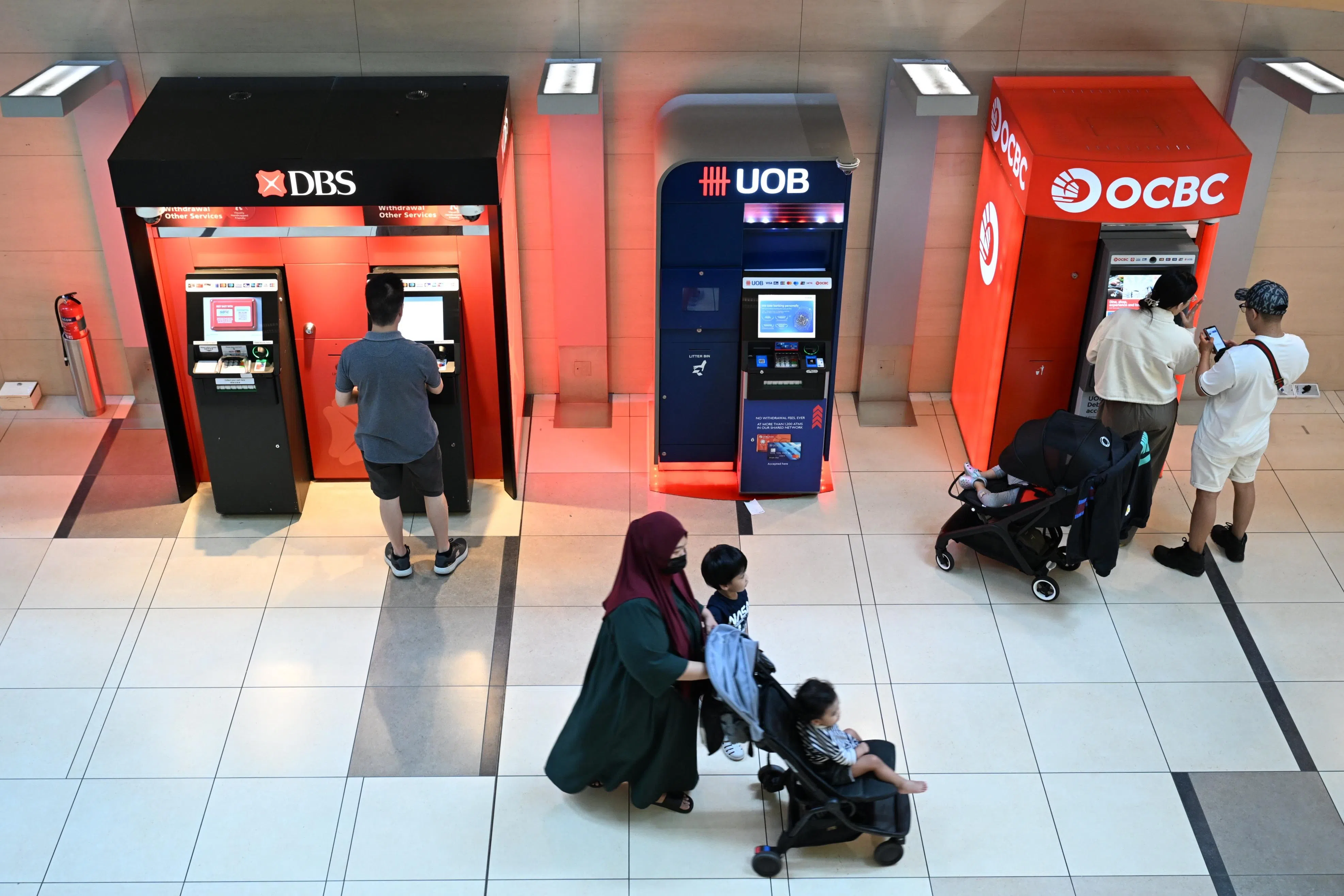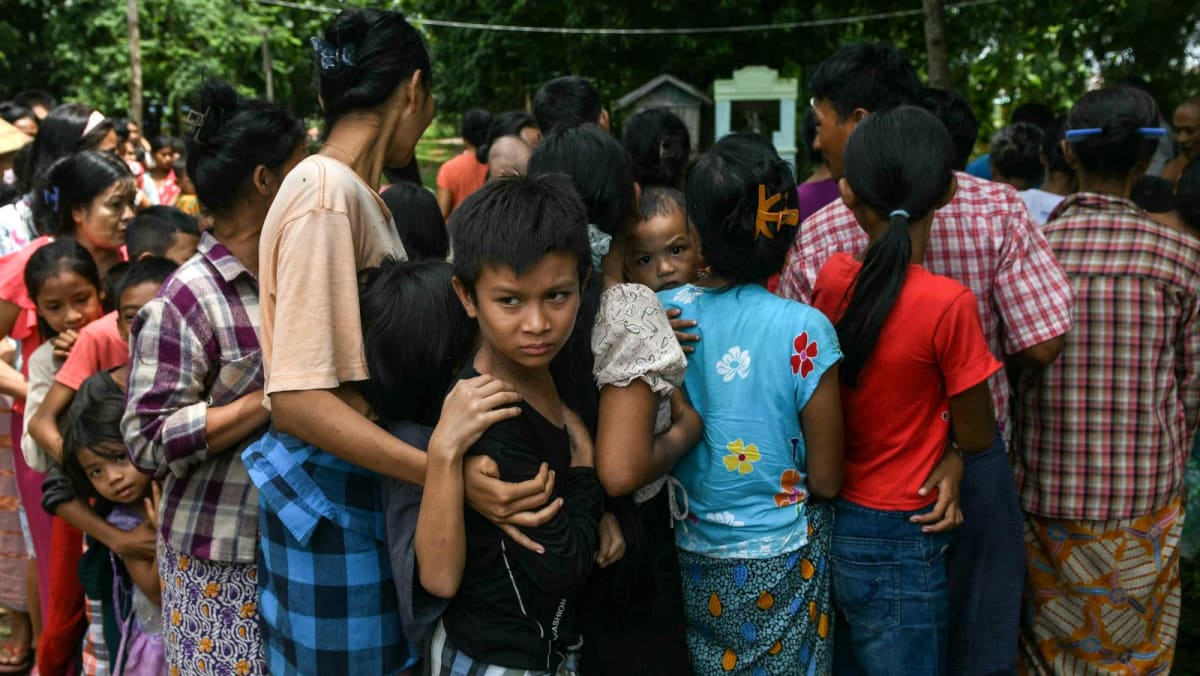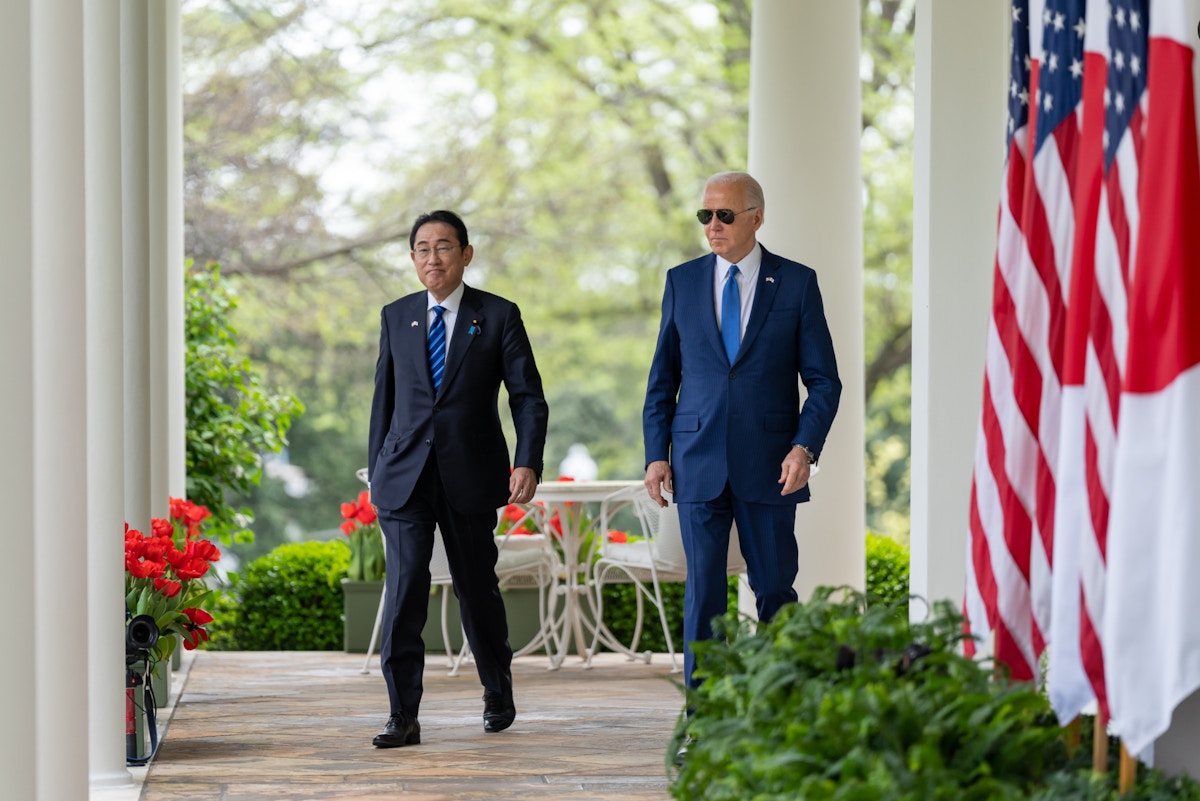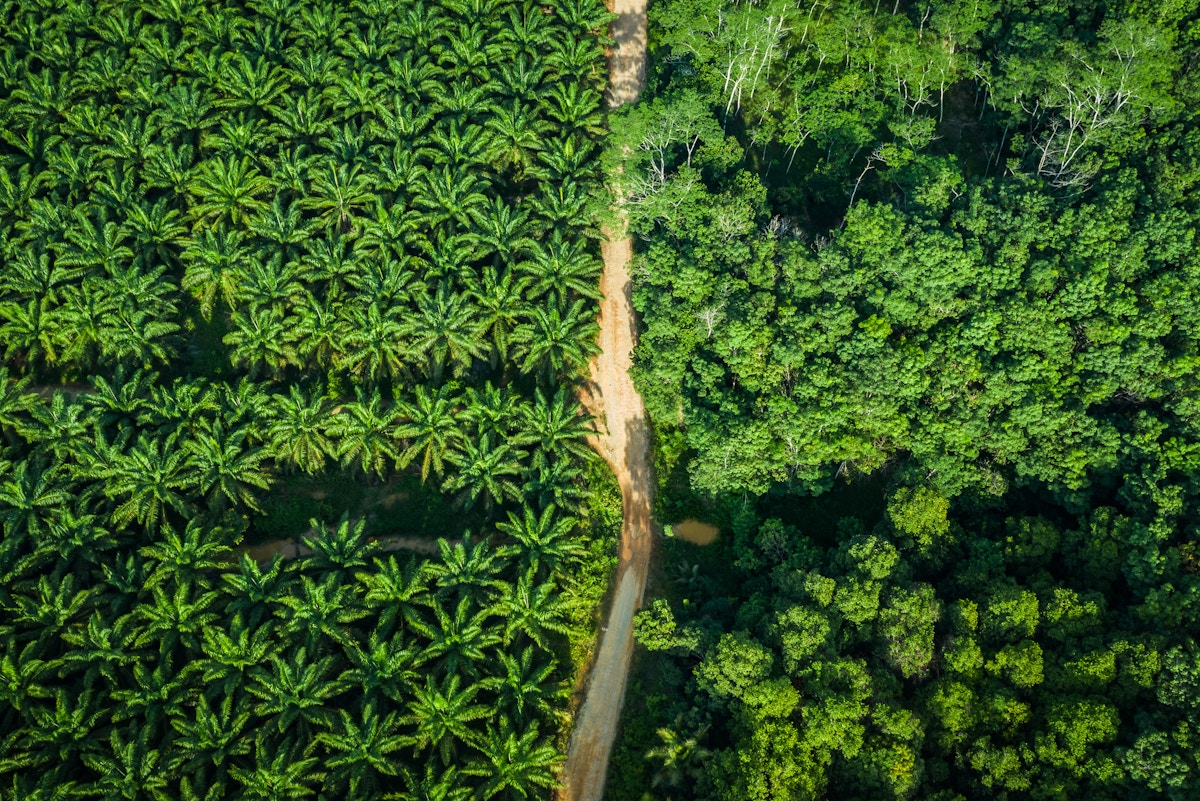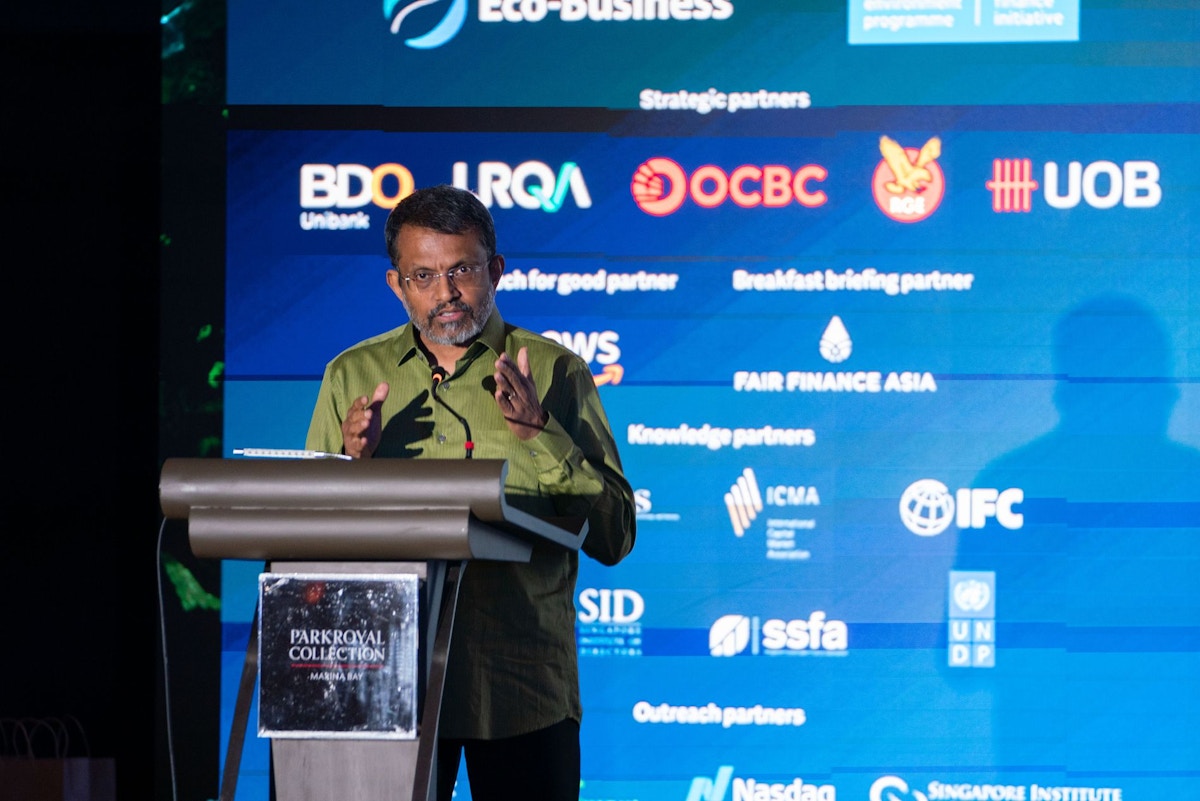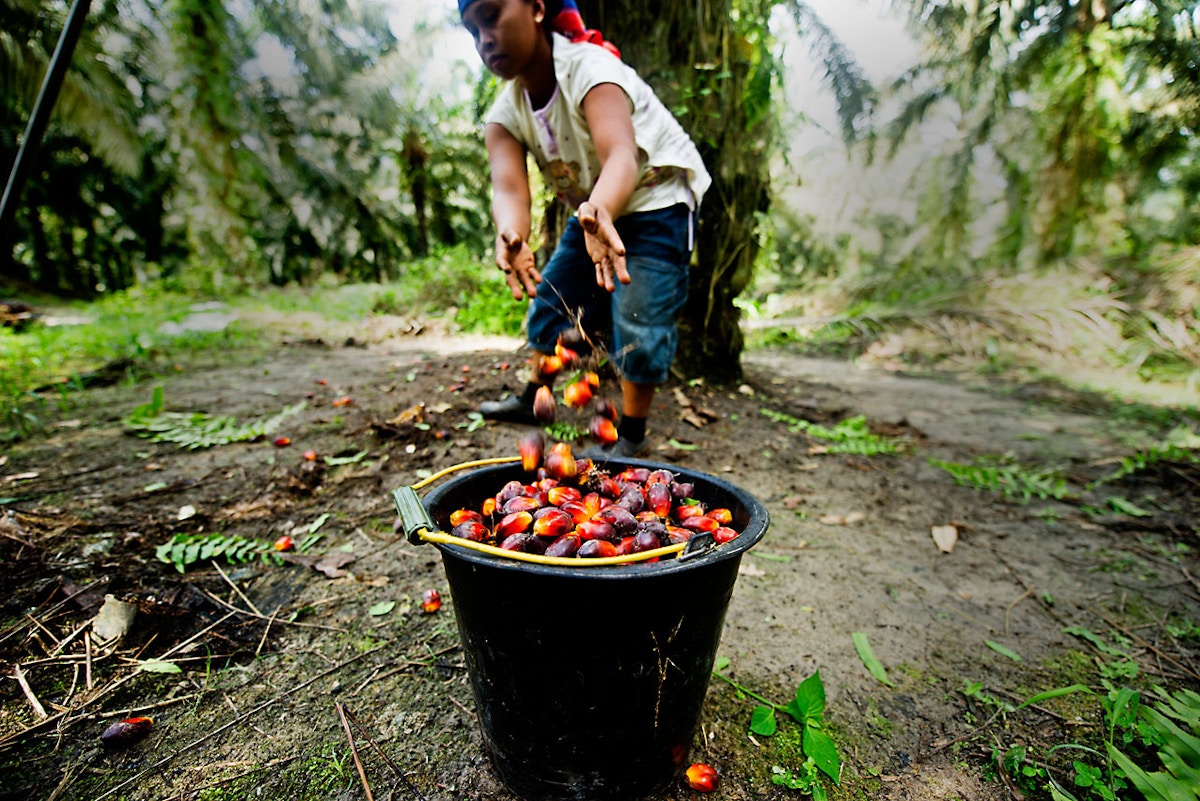- Climate starts with SEA
- Posts
- 🙊 [#40] Malaysia wants to stop monkeying around with coal
🙊 [#40] Malaysia wants to stop monkeying around with coal
🌴 But what about palm oil in Indonesia?

Hello! Halo! Kumusta! Xin chào! สวัสดี! မင်္ဂလာပါ! ជំរាបសួរ! ສະບາຍດີ!
🟢 In our last post on Green Hydrogen, we highlighted how Sarawak—a Malaysian state on the island of Borneo—is championing climate-friendly hydrogen production. Well, neighboring Sabah has also made more sustainable strides in its recent policy developments, boasting a whopping 63% of its 7.4M hectare of forests preserved and no coal-fired power plants as a result (The Star, 2024).
⛰️ As we discussed in both our land use and biodiversity issues, preserving forested areas is not only critical as a carbon sink (especially in Borneo given the amount of high carbon content peatlands) but also as a way to protect biodiversity, of which the above pictured “monyet beruk” is of course a part of.
👏🏻 We at Climate starts with SEA applaud our neighboring country’s recent efforts to prioritize the planet over short-term profits. Now let’s see if Indonesia can follow suit with other potentially damaging commodities…
📰 But first, let’s go through some recent headlines—of which it’s mostly good news!
🗞️ Recent News
👍🏻 Good News
💸 …and last but certainly not least for “Good News” we have a funding update about our friends over at CarbonEthics! As long-time subscribers of our newsletter might remember, we actually featured them in our aquaculture issue last December.
👎🏻 Bad News
📢 Other Voices
So what’s up with palm oil?
🏝️ The first image that you might conjure upon hearing “palm” is the following idyllic scene of a white sand beach, shimmering blue water, peppered with gently swaying palm trees…
🌴 Well, palm oil is indeed sourced from a type of palm tree, but it’s not exactly the one that might encounter on the beach while vacationing in Bali. Rather, palm oil is derived from the Elaeis guineensis palm, which is different from the tall, decorative palms seen in tropical resorts. These oil palms are shorter and cultivated in dense, monoculture plantations that expand by clearing significant areas of rainforest and peatlands.
🛢️ Southeast Asia absolutely dominates palm oil production, with over 95% of global palm oil supply coming from the region and the top 3 producing countries being Indonesia, Malaysia, and Thailand (Indonesia Investments, 2017).
💄 Palm oil is an essential input in numerous consumer products: from snacks to cosmetics & soaps to even biofuels. Its low cost and versatility make it ubiquitous, often listed as “vegetable oil” in ingredient labels. However, this widespread use comes at an environmental cost, as palm oil plantations have been a leading cause of deforestation, particularly in carbon & biodiversity-rich areas like Indonesia and Malaysia’s rainforests.
🔍 This recent couple of pieces from Eco-Business does a great job of exploring this commodity further:
💡 So what are some potential solutions to this? Well, since around 2 decades ago there has been a Roundtable on Sustainable Palm Oil with an “objective of promoting the growth and use of sustainable palm oil products through global standards and multistakeholder governance”. While this of course a step in the right direction, there has been criticism leveled at the organization for not being rigorous enough, as Mongabay covers here.
✅ That being said there are of course other mechanisms for ensuring sustainability in business operations, of which science-based targets initiative (SBTi) is one; it is generally perceived to be a highly rigorous certification. The palm oil company, Musim Mas, was recently approved for its net zero Musim Mas becomes the second palm oil company to get net zero targets SBTi-approved.
Fact-based news without bias awaits. Make 1440 your choice today.
Overwhelmed by biased news? Cut through the clutter and get straight facts with your daily 1440 digest. From politics to sports, join millions who start their day informed.
❓ Did you enjoy this week’s issue? If yes, please do forward to your friends who would enjoy the read as well.
📧 Also, feel free to let us know what you thought by giving us feedback at [email protected].
🌊 SEA you next time!
Karina & Massimiliano


